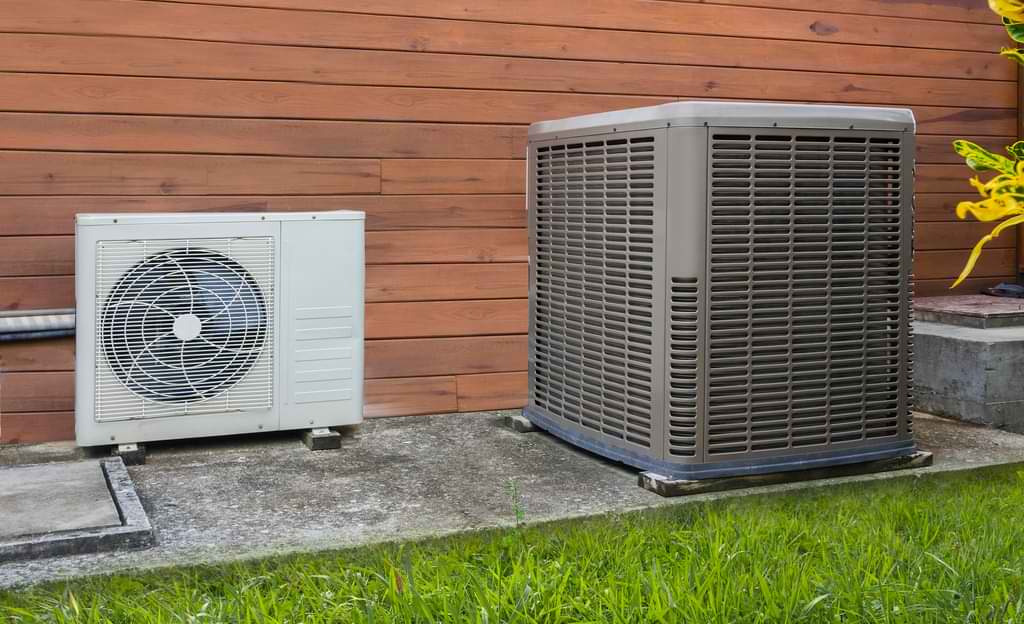
When it comes time for cooling system replacement or initial installation, a debate occurs in the minds of some of today’s homeowners: Heat pump vs. A/C – which is better? There are both disadvantages and advantages to today’s heat pump systems and air conditioning systems. For the utmost in home comfort, you want to make the right choice.
Here, we will examine both air-conditioning systems and heat pumps and compare them in a number of ways. With this information, you can make a well-informed decision as to which will serve your purposes better.
Following this comparison, we will touch on automotive A/C systems.
Installation Costs
An air source heat pump is likely your most affordable option. Following that, an air conditioner will be the least costly to install. A geothermal heat pump will be the cooling system that is the most expensive.
Life Expectancy
How frequently you have your system tuned up and your usage habits can weigh heavily on the life expectancy of both systems mentioned here. Compared to an air source heat pump, a longer service life is usually realized by air conditioning systems. Even longer life expectancy applies to geothermal heat pumps.
Energy Efficiency
You’ll consume less energy the more efficient your system is. That helps keep utility costs lower. In many ways, both systems are comparable where energy efficiency is concerned. However, when it comes to high outdoor temperatures and how hard each system has to work to keep up with them, heat pumps tend to win out in the area of efficiency. Compared to furnaces, air conditioners, and various types of heating systems, heat pumps are vastly more efficient.
Heating Options and Pump Types
When in cooling mode, heat pumps work in much the same way that air-conditioners work. What’s more, they can pump heat from your home’s interior to the out-of-doors. To achieve cooler temperatures, air conditioners and heat pumps use the same process, more or less.
Heat pumps boil down to basically two types:
- Geothermal: From the inside to the outside, these move heat from one source to another.
- Air Source: From one air source to another, these heat pumps move heat. Ideally, from the interior to the exterior. They can remove heat from your home and deposit heat into a water source or into the ground. But to function, they need an added component – a ground loop. This is made up of fluid-filled connected piping. To deposit the heat into the ground, this piping carries it away from your home.
Making the Decision Between the Two
For many homeowners, the decision between a heat pump and an air conditioning system boils down to energy efficiency and heating abilities. Additionally, the price can be a factor that weighs very heavily on the minds of many individuals and families.
AC Units, Heat Pumps, and Energy in Today’s Automobiles
With today’s electronic vehicles, the question of using air conditioning and heat pumps raises concerns that differ greatly from combustion engine vehicles. A/C units and heat pumps – and their energy source – are an area of much debate among electric vehicle owners. Information regarding this topic can be accessed online, or you can talk to an expert. Check out the learning center for R & Y A/C Compressors for information, videos, FAQs, tips and guides, and more.
When You Need A/C Components for Your Car…
R & Y A/C Compressors® deals with automotive A/C parts and components, but you may still face a dilemma when it comes to what’s best for your purposes. Fortunately, we have experts on our team who can help answer all your questions and then assist you with your order. You don’t have to be in the dark when it comes to automotive A/C parts, components, kits, etc. We can be of assistance.
